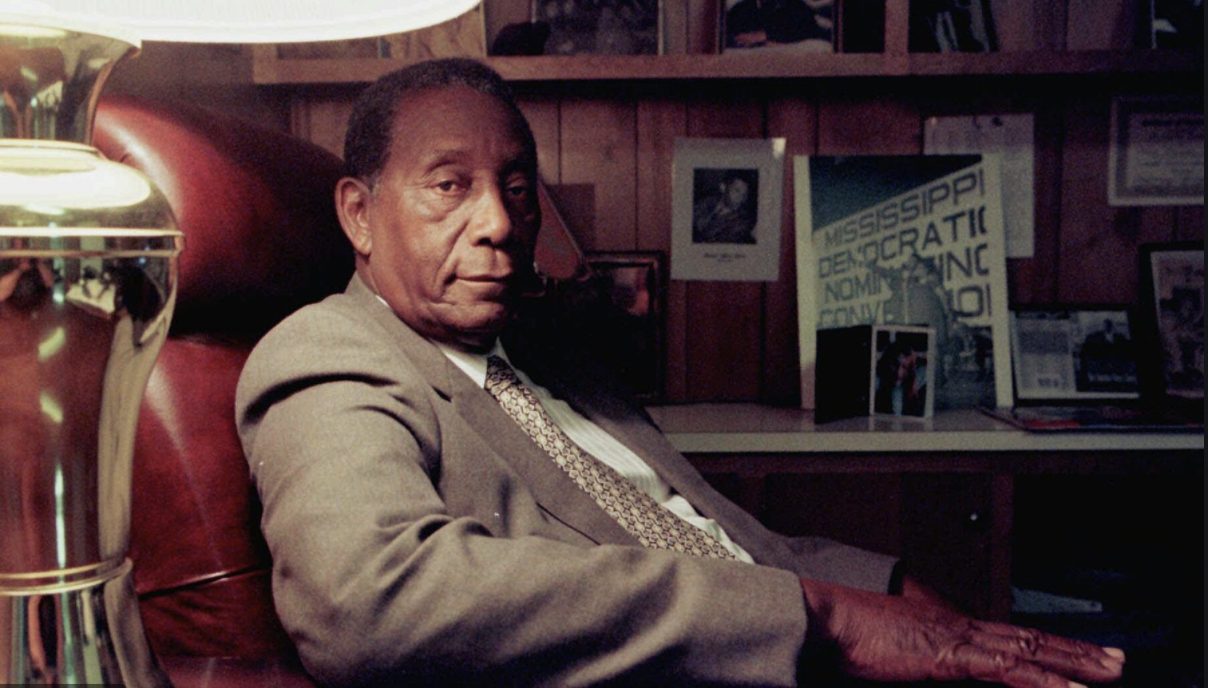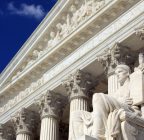Charles Evers: The Greatest American Nobody Knows

Charles Evers, who died a year ago this month, is the great unknown civil rights hero, and what he believed is more meaningful now than ever Tweet

Highlights
He said loud and clear what we need to hear now more than ever: America's made greater racial progress than any nation on earth.
Active in voter registration when that could be a death sentence, after his brother's murder, he assumed the post of head of the Mississippi NAACP.
And fought for justice for all Americans, including conservative jurist Charles Pickering, smeared as a racist by Democrats. But Evers said ...
...“That’s all you gotta say in this country, a white man’s a racist...Well, I could not let them destroy a white man just because he’s white."
This month, it will be a year since the death of Charles Evers, brother of the legendary martyred Medgar Evers, and himself one of the great but too little-known heroes of the civil rights movement. Active in voter registration at a time when such activity could be a death sentence, after Medgar’s murder he assumed his post as head of the Mississippi NAACP, and with the passage of the Voting Rights Act that he’d fought for, won election as mayor of Fayette, Mississippi, becoming the first black mayor in the Deep South since Reconstruction.
That his passing was little acknowledged at the time, in the midst of the nationwide chaos following the death of George Floyd, is both telling and tragic. For Evers was a man of deep and sometimes startling courage, and he had the guts to say loud and clear something Americans need to hear now more than ever: that, far from being permanently mired in systemic racism, this country has made greater racial progress than any nation on earth, a fact that should be not just acknowledged, but celebrated.
In light of all he’d lived through, no one could say it with greater passion or authority.
It was a creed he’d long lived in his own life. Just one example. In 2004, when a conservative white jurist named Charles Pickering was nominated by George W. Bush to the Court of Appeals, Democrats opposed to the nomination picked through Pickering’s long record and, with the help of allies in the press, smeared him as a racist.
In fact, Pickering was anything but; as a local prosecutor during the worst of it in the early Sixties, he’d actually taken on the Klan.
Evers knew this, and when 60 Minutes came down to Mississippi to do a piece on the nomination fight, that’s exactly what he told Mike Wallace. But he wasn’t done yet. When his own interview was over, he insisted on going back on camera to challenge the young black man opposing Pickering, Clarence McGee, representing an NAACP radically different in outlook from the organization Charles and Medgar Eves once headed.
“You know that Charles Pickering was the man that helped us break the Ku Klux Klan?” demanded Evers.
“You know that Charles Pickering was the man that helped us break the Ku Klux Klan?” demanded Evers. “Did you know that?” McGee could only stammer that, no, he hadn’t known that.
EVERS: Well, I know that. Do you know about the young black man that was accused of robbing the young white woman? Do you know about that?
McGEE: No.
EVERS: So Charles Pickering took the case, came to trial, and won the case, and the young man became free.
McGEE: I don’t know about that.
EVERS: All right. But did you also know that Charles Pickering is the man who helped integrate his—his churches? Do you know about that?
McGEE: No.
“Well,” concluded Evers contemptuously, “you don’t know a thing about Charles Pickering.”
“That young punk didn’t know nothin’ about nothing,” Evers later recalled in disgust. “That’s all you gotta say in this country, a white man’s a racist, this white man hates black folks. Well, I could not let them destroy a white man just because he’s white, when I know different.”







